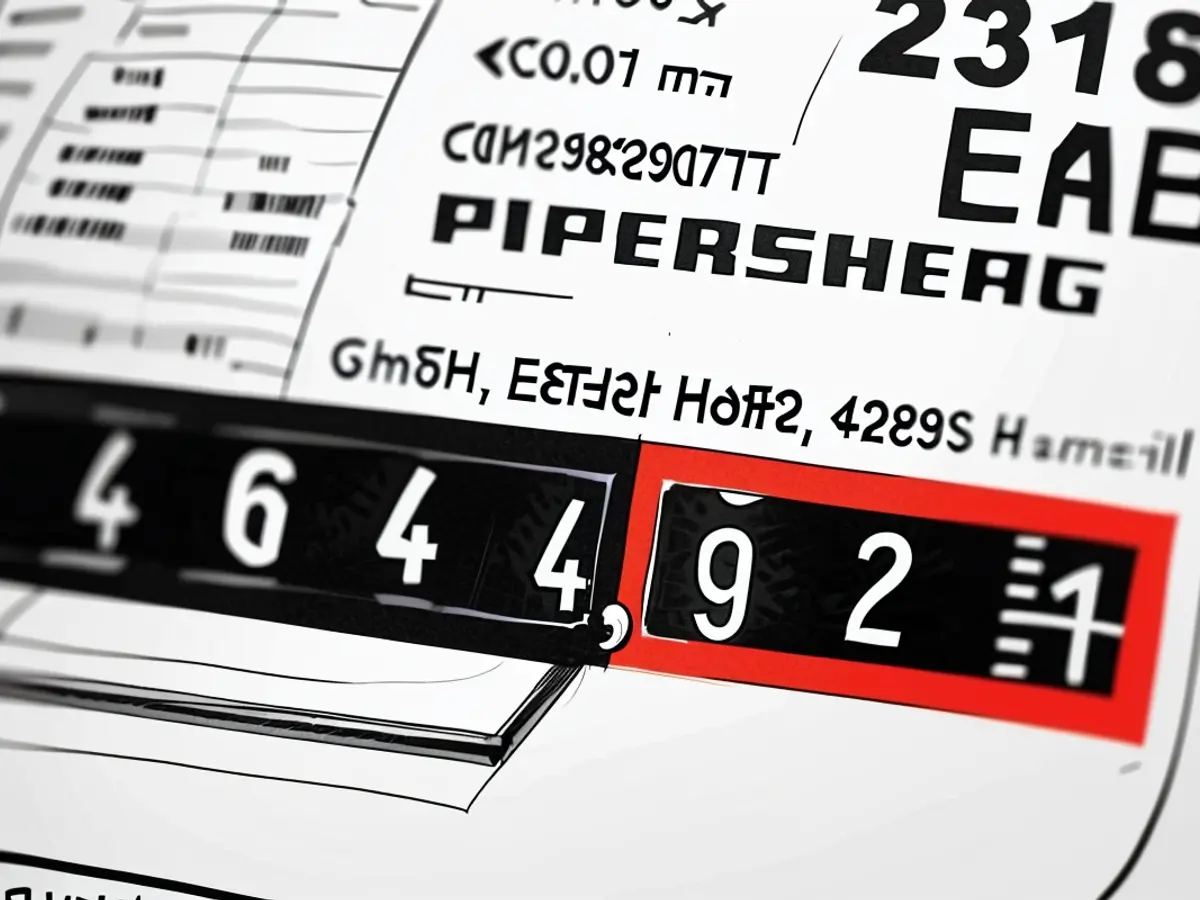Approximately half of the German population opposes the existing structure of CO2 pricing.
Nearly half of Germans disapprove of the current method of CO2 taxation in transportation and heating, based on survey findings. 21% considered the tax to be quite unacceptable, while another 32% deemed it extremely unacceptable, as per the Institute for Macroeconomics and Economics (IMK) of the Hans Böckler Foundation, who released their findings on Tuesday. People with financial concerns are more inclined to oppose the CO2 tax.
7% strongly approved of the tax, which is designed to encourage a decrease in greenhouse gas emissions, with another 19% giving it a somewhat positive rating. 21% were uncertain about their stance on the issue.
A significant majority of respondents felt misinformed or not informed at all about CO2 taxation. Simultaneously, most respondents significantly overestimated the financial impact of the CO2 tax on themselves, according to the IMK. Currently, the CO2 tax for gasoline, diesel, heating oil, and natural gas is set by politics and amounts to 45 euros per tonne, rising to 55 euros by next year.
In the future, a free market-based emissions trading system is planned, which may lead to substantial price increases. However, many respondents underestimated this potential, the IMK reported.
"The survey results again demonstrate that decarbonization solely through a CO2 tax isn't feasible from a social and political standpoint," explained Sebastian Dullien, scientific director of the IMK. He urged the use of various tools, such as public investments in public transportation and heating networks, to minimize financial burdens on households, particularly in rural areas.
The IMK also advocated for the swift implementation of a compensation mechanism to assist lower and middle-income households. These households typically spend a larger portion of their income on mobility and heating energy and therefore would be adversely affected by the tax.
The current form of CO2 taxation in transportation and heating, as criticized by a majority of Germans, is seen as a financial concern by many. In the future, a free market-based emissions trading system, a different form of taxation, might significantly increase prices, a fact that many respondents underestimate.








